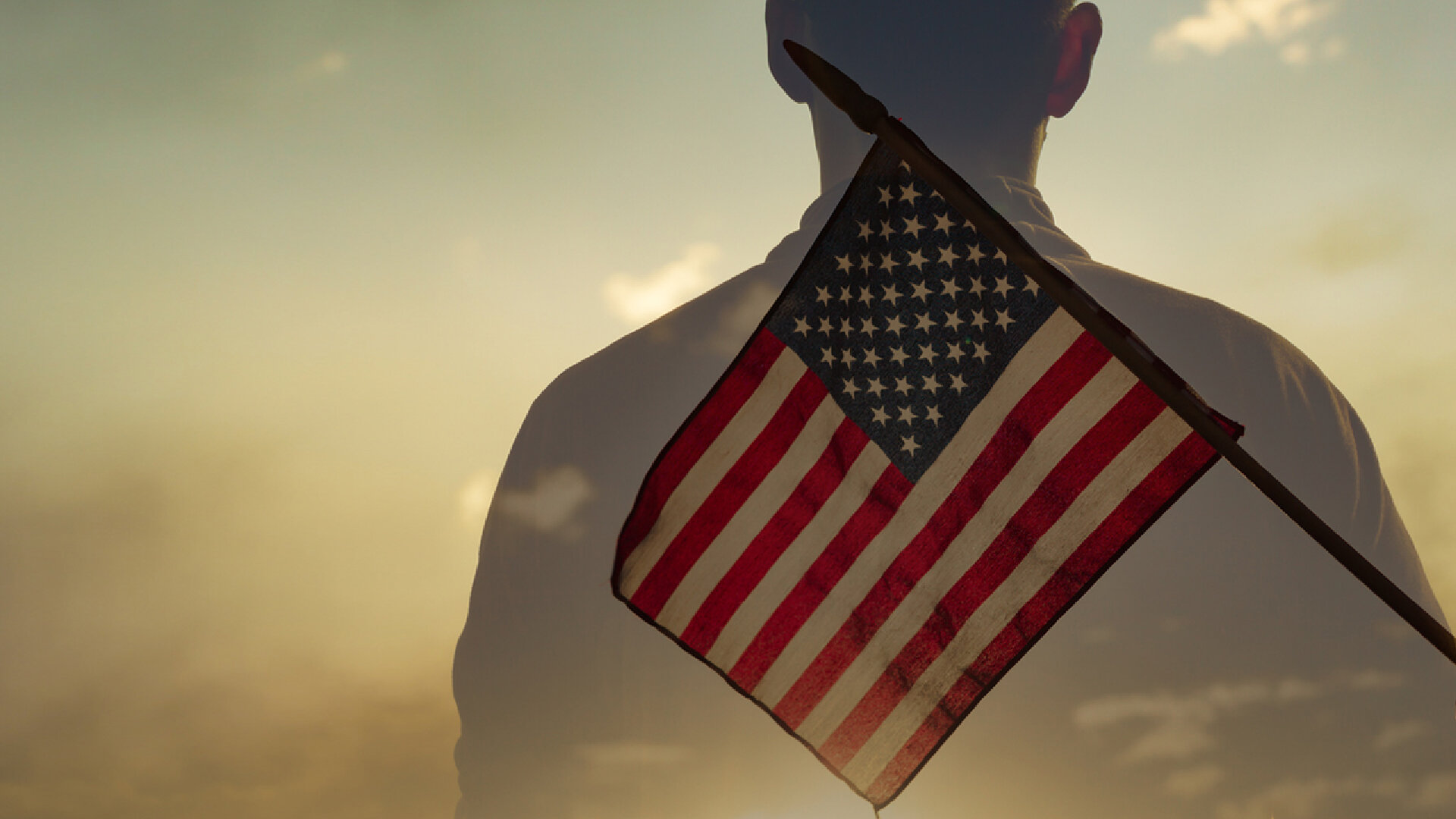Remember…
Your country needs you. You volunteer. Part of the reason you volunteer is selfish: you need a career, and this is a good one. But there is more. You want to serve. You know there is a real danger in taking the oath “To protect and defend the constitution of the United States, from all enemies foreign and domestic.” But you are pretty sure you will not be one of the ones who die.
They send you off to boot camp, put a rifle in your hand, and teach you how to be a soldier. You learn how to take orders without debate, how to navigate in the field, how to survive with what you can carry on your back. Most of all, you learn how not to die in a dangerous business. After a few weeks, you ship out for additional training. You might learn to drive a tank, or fix a plane, or jump out of a plane, or interpret sonar.
You get your first assignment. You are being sent overseas into a combat zone. Your stomach tightens; you knew you signed up for this, but the danger seemed far away back then. Even when your drill sergeant regaled you with tales of narrow misses, bombs blowing up, or a bullet that went through a sleeve but not a body, it did not seem like any of that could happen to you.
When you step off the plane, it hits you that you are not in Kansas anymore. This is foreign territory. There are people out there who want to kill you, who hate that you are in their territory. You get your quarters and get going on your job. Then it happens.
You might have been out on patrol. Something looks suspicious about a car parked on the street. Your eye catches someone running around a corner. Before you can say a word, a bomb is detonated. A piece of that car flies toward you at a hundred miles an hour. There is no time to react. Your left leg is sheared off, your femoral artery is severed, and you start to bleed out.
You might have been on the flight line. You are topping off a fuel tank when you hear someone yell, “Incoming!” Before you can get away from the plane, a rocket lands dead center. You are engulfed in a fireball. In your body’s final act, it protects you from the overwhelming pain by sending you into shock as blazing fuel coats you.
You might have been assigned to a boarding party. You approach what looks like an innocent fishing vessel. Suddenly a man on deck raises a missile launcher and points it right at you as you stand in the front of the boat. There is no time to react or jump off the skiff. The missile is already on its way, about to pierce your body.
Before death takes you, you have a rush of final thoughts. You think about your fiancé and your plans to get married as soon as this tour is over. You think about your kid brother, how he admired your dress uniform when you came home from basic. You think about your Mom and Dad, how this was their worst nightmare. You even think about what is next and remember what your Student Pastor said about life and death and Jesus. Then you die.
There will be a story on the news about your death, but they will not mention you by name. It will be one more story about a soldier being killed in a far-off land, and they need to move on to the latest news about the Kardashians. Your body will be brought home in a flag-draped box. Your fiancé will sob throughout your funeral, holding onto your Mom, who is also weeping. Your Dad will be wide-eyed in shock. Your kid brother slowly shakes his head back and forth. Friends will be there, but no one, not even the preacher, really knows what to say. They will lower your body in the grave, give you a rifle salute, and play taps.
Your Mom and Dad will never be the same. They come to your grave every week. Just to stare, just to cry. Your fiancé isolates for a year then moves on. She finds someone else, marries, has kids, but she always wonders, “What if…” Your kid brother, in a move that your parents opposes, joins the military. He, too, gets sent into combat but emerges unscathed. He does his twenty years, gets out, and starts a new chapter.
But every Memorial Day, these most important people in your life pause and remember. While everyone else is cooking out or going to the lake or sitting on the beach, these people remember your life, your sacrifice, and all that could have – should have – been.
This Memorial Day, even if we do not know your name, we pause for just a moment and think of you too. We wish we could say “Thank you,” but that does not seem like enough. We know we counted on you, and you did not let us down. We are sorry this happened to you. Most of all, we remember.


